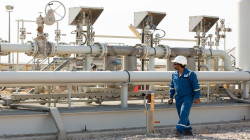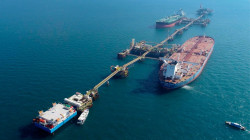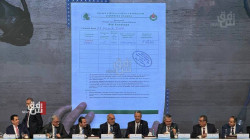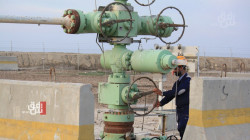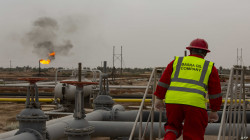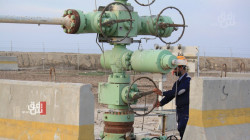Betting big on oil & gas: Can Iraq overcome production bottlenecks?
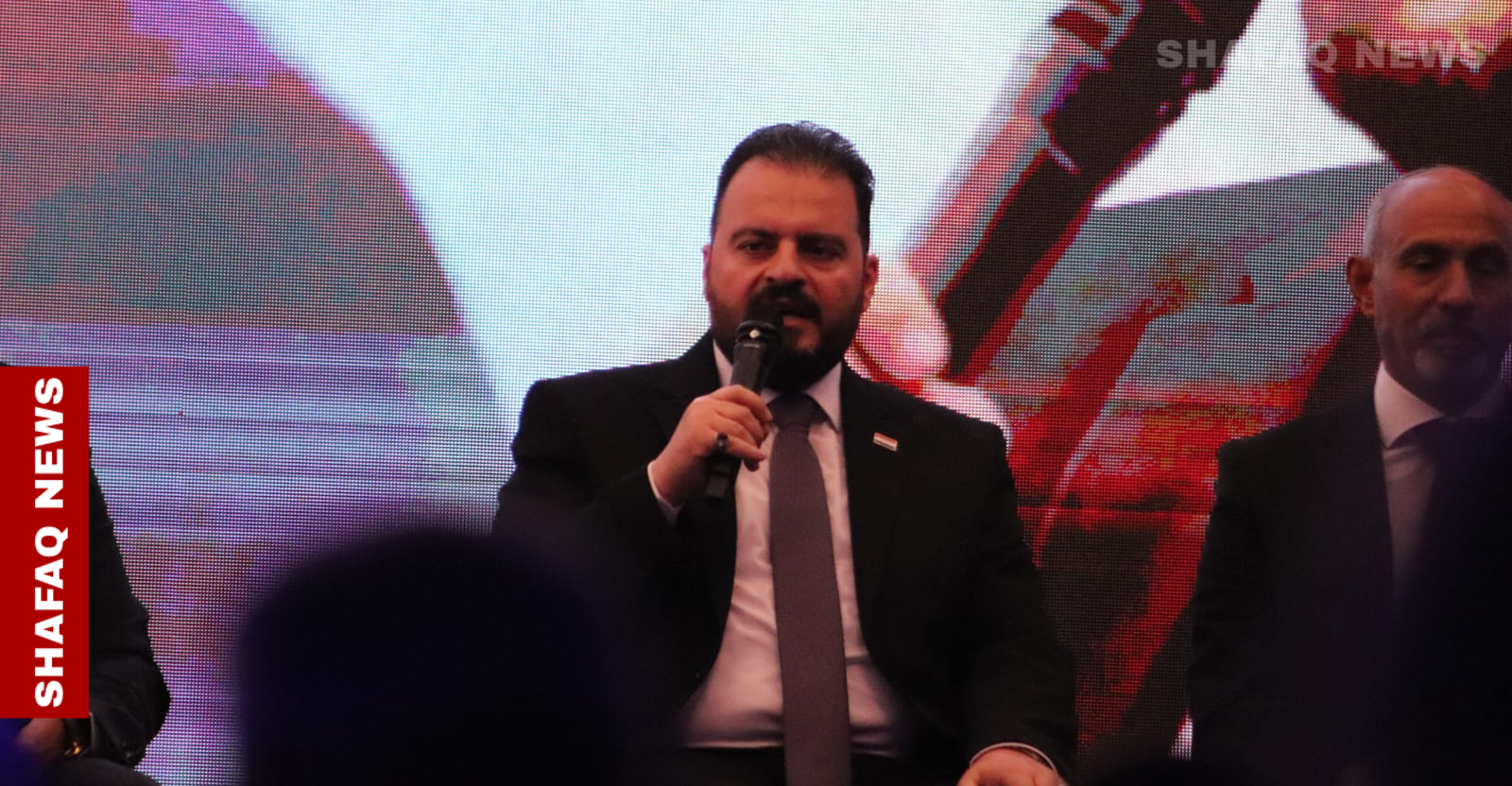
Shafaq News/ Iraq is betting on oil and gas to stabilize a fragile economy, fuel its growing population, and secure its place in global energy markets.
But behind the rhetoric of expansion lies a network of bottlenecks, from outdated infrastructure and weak institutional oversight to a shortage of skilled engineers, that threaten to stall the country’s ambitions before they materialize.
At the center of these efforts, Iraq’s state oil marketer SOMO, which handles the country’s crude exports, emphasized that boosting output — including in the Kurdistan Region — depends on firmer control over production and export flows.
“We have secured deals up to ten years, building strong relationships with buyers,” SOMO Director General Alaa Nizar told Shafaq News, highlighting long-term contracts that he claimed had helped raise export volumes and stabilize revenues. Nizar attributed the latest wave of oil price instability to regional tensions and disruptions in global trade.
“US tariffs under Trump did not include oil and had limited long-term impact,” he remarked, warning that future quota negotiations with OPEC would require Iraq to diversify its crude output — something the current infrastructure does not support.
Pushing the Gas Frontier Meanwhile, at the Second Gas Industry Conference in Basra, South Gas Company Director Hamza Abdul Baqi outlined plans to raise oil production to six million barrels per day through licensing rounds, while expanding gas recovery to reduce emissions and support the power grid.
“We’ve surpassed 1,000 million standard cubic feet per day in gas production,” he stated. “Our target is 1,200 mmscf/day to meet domestic electricity needs and cut carbon emissions.”
Basra Gas Company Commercial Director Sultan al-Maliki noted that the firm currently supplies up to 60% of Iraq’s dry gas demand from three oil fields. “We exported 70,000 tons of LPG last month and plan to raise that to 90,000,” he reported, adding that contracts are in place to ramp output to 2,000 mmscf/day. And while production targets rise, Iraq’s academic institutions are failing to keep up. Mohammed Khairallah, head of the chemical engineering department at the University of Basra, criticized the lack of investment in higher education, arguing that universities are ill-equipped to train specialists or conduct applied research.
“Our faculty lacks the expertise needed to run oil and gas departments,” he explained. “Many students end up studying abroad in Iran or Turkiye due to domestic shortcomings.”
Diversifying, But Not Replacing Oil analyst Nabil al-Marsoumi assessed that a planned floating gas terminal — linked to Iraq’s national grid via a 40-kilometre pipeline — will strengthen energy supply but not eliminate dependence on Iranian imports.
“The floating terminals are expected to be operational within six months and will bolster supply,” he noted. “But Iraq will continue to import from Iran, since US sanctions don’t prohibit gas imports but require non-dollar transactions.”
Iraq, OPEC’s second-largest crude producer, depends on oil and gas for over 90% of its revenue, leaving it vulnerable to both global market shocks and domestic inertia.
